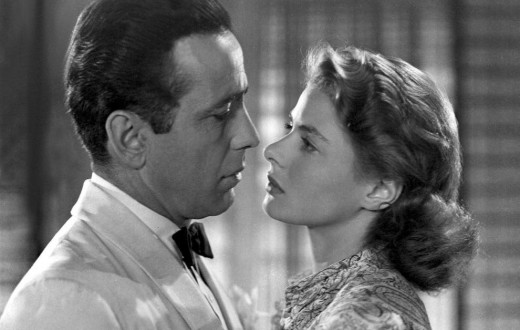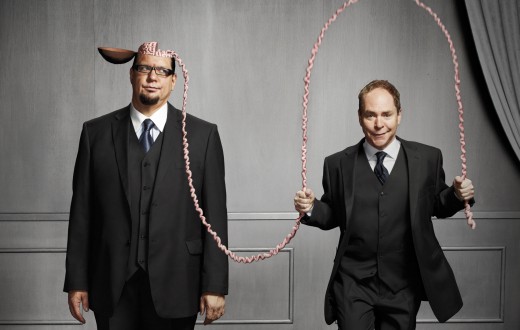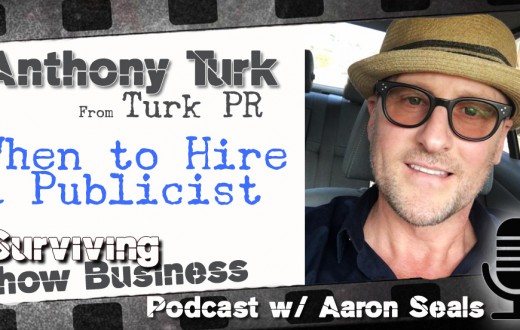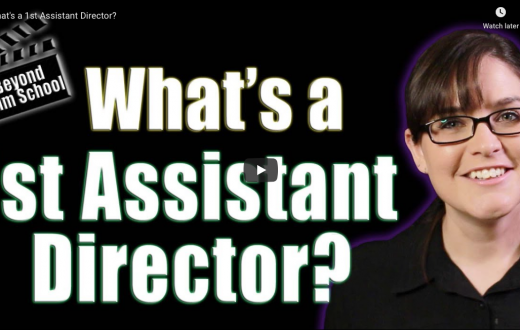Being an actor requires an immense amount of skill, dedication, and persistence. While the allure of bright lights, acclaim, and artistic fulfillment draws many to the acting avenue, it’s equally marked by a multitude of rejections. These are not just professional setbacks but can also be deeply personal, since actors often bring a lot of themselves to their roles. The reality is, even the most accomplished actors face rejection. Understanding how to handle this aspect is crucial not only for an actor’s career longevity but also for their mental and emotional well-being.
The Reality of Rejection in Acting
Rejection is a constant. From the very onset, actors are taught that they’ll hear “no” much more often than they’ll hear “yes.” This industry is competitive. A casting director might see a hundred actors for one role. Some rejections are a mere mismatch of what’s needed for a role, while others might be more critical. The key is to remember that rejection doesn’t necessarily comment on one’s talent, but often on factors outside one’s control.
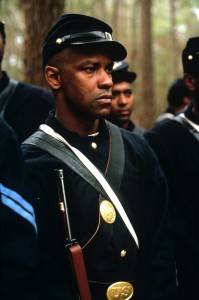
Strategies for Handling Rejection
Separate Self-Worth from Roles: An actor’s value isn’t determined by the number of roles they get. Roles are characters; they are not a reflection of who the actor is as a person. Understanding this differentiation can help protect self-esteem from the brunt of professional setbacks.
Embrace Constructive Feedback: If feedback is provided, take it constructively. Maybe there’s a legitimate area for improvement. Embracing feedback can turn a negative experience into an opportunity for growth.
Maintain a Broad Perspective: For every rejection, there’s a lesson. Instead of viewing each “no” as a failure, consider it a stepping stone towards the right role. Every audition, whether successful or not, adds to your experience and resilience.
Stay Connected with a Support System: Engage with fellow actors, friends, or mentors who can provide empathy, perspective, and encouragement. Sharing experiences and feelings with those who understand can lighten the emotional load.
Diversify Your Interests: Avoid placing all your self-worth and identity in acting alone. Have hobbies, activities, or side projects that allow you to feel accomplished and fulfilled outside of auditions and roles.
Mental Health Tips for Actors
Practice Mindfulness and Meditation: These tools can help anchor actors in the present moment, helping them disengage from negative thoughts associated with rejection.
Stay Physically Active: Physical exercise isn’t just good for the body, but it’s also beneficial for the mind. It can act as a stress-reliever, mood elevator, and confidence booster.
Seek Professional Help: There’s no shame in seeking therapy or counseling. Professionals can provide strategies tailored to individual needs, helping actors manage the emotional ups and downs of their career.
Limit Social Media: In the digital age, it’s easy to fall into the comparison trap. Limiting social media or curating one’s feed to reduce negative influences can be beneficial.
Engage in Positive Self-talk: The narrative one tells themselves is powerful. Challenge and change the negative narratives around rejection. Instead of thinking “I’m not good enough,” consider thoughts like “This role wasn’t the right fit for me.”
Set Boundaries: Understand that while acting is a passion, it’s also a job. Setting boundaries between professional life and personal time can help reduce burnout and emotional exhaustion.
Celebrate Small Wins: Don’t wait for a major role to feel proud. Celebrate every audition, every feedback, every lesson learned. These small wins accumulate into the resilience and experience that shape a successful acting career.
Going Beyond Rejection: The Personal Growth Perspective
Rejection, when looked at from a distance, isn’t just an outcome of an audition; it’s a life lesson in resilience, perseverance, and personal growth. The more an actor experiences rejection and learns to navigate it effectively, the more they fortify themselves against the challenges of not just the industry, but life in general.
The Bigger Picture of the Acting Industry
The acting world is vast. One director’s “no” could be another’s enthusiastic “yes.” The industry’s subjective nature means that while one casting agent might not see you fitting a role, another might envision you as the perfect match.
Building Emotional Resilience
Here’s how actors can use rejection to build emotional strength:
Practice Reflective Journaling: After a particularly challenging rejection, take time to jot down your feelings. Over time, you’ll see patterns, and you might notice growth in how you handle similar situations.
Establish a Routine: A set routine, including voice exercises, physical workouts, and meditation, can act as an anchor, ensuring you stay grounded despite the unpredictable nature of auditions.
Engage in Group Activities: Participate in Collective Activities: Acting workshops and theatre groups provide not only an opportunity to improve skills but also a source of emotional solace. The act of sharing experiences within a group can be deeply therapeutic.
Investing in Continuous Learning
I know I talk about this all the time, but with good reason! The acting industry values growth and evolution. Instead of allowing rejection to halt your progress:
Take Acting Classes: Regularly update your skills. This not only enhances your craft but also bolsters confidence.
Experiment with Different Genres: If you’ve been focusing solely on drama, why not give comedy a try? Sometimes, shifting focus helps discover new strengths.
Attend Industry Seminars and Workshops: Networking isn’t just about finding the next role. It can provide insights into industry trends and offer peer support.
Reframe Rejection
At its core, handling rejection is about reframing perspective. Instead of viewing it as a roadblock, consider it a detour leading to better opportunities. Many acclaimed actors faced countless rejections before landing defining roles. Their stories aren’t of overnight success but of perseverance, resilience, and an unyielding belief in their craft.
In the end, while the spotlight is on roles bagged and awards won, the real story often lies in the journey there: the auditions, the waiting rooms, the callbacks, and yes, the rejections. Embrace them all, for they are the chapters that truly define an actor’s journey.
Here are examples of renowned actors and entertainment figures who faced rejection before achieving significant success:
Harrison Ford: Prior to his portrayal of the legendary Han Solo in “Star Wars” or “Indiana Jones”, Harrison Ford was informed by film industry executives that he lacked the necessary qualities to become a star. Despite facing numerous challenges and even resorting to carpentry jobs in between acting gigs, he has emerged as one of Hollywood’s most prominent and accomplished actors.
Meryl Streep: Widely recognized as one of the most accomplished actors in history, Meryl Streep faced harsh rejection when she was deemed not beautiful enough for a role in “King Kong.” However, instead of allowing this setback to define her career, Streep persevered and ultimately achieved immense success by winning numerous Academy Awards and receiving critical acclaim for her remarkable portrayals on screen.
Denzel Washington: A two-time Oscar winner, Denzel was once told early in his career that he would never make it in Hollywood because he was black. He faced typecasting and had to navigate an industry with limited roles for black actors. Despite these challenges, his immense talent and dedication placed him among the most respected and successful actors of his generation.
Stephenie Meyer: Stephenie Meyer defies conventional expectations as she transcends her role as an author of the Twilight series, proving that success can be found beyond the realm of acting. Despite enduring numerous rejections from publishers, Meyer’s unwavering determination paved the way for Twilight to achieve unprecedented global acclaim and subsequently evolve into a highly lucrative film series.
Audrey Hepburn: Despite being discouraged by ballet instructors who deemed her too tall and lacking the necessary skills to become a leading ballerina, Audrey Hepburn persevered and embarked on a journey towards acting. This decision ultimately propelled her to iconic status in both film and fashion, culminating in an Oscar win for her unforgettable performance in “Roman Holiday.”
Lucille Ball: Known today as a television icon, Ball faced numerous rejections early in her career. She was often dubbed as a “failed actress” and even given the title “Queen of the B’s” for her numerous B-list films. However, with her show “I Love Lucy,” she revolutionized comedy on television and became one of the most beloved figures in American entertainment history.
Chris Pratt: Before becoming Star-Lord in the “Guardians of the Galaxy” or the lead in “Jurassic World”, Pratt faced his share of hardships. He lived in a van in Hawaii and took up small roles without any major breakthroughs. It was his role in the TV show “Parks and Recreation” that started turning heads, leading to significant roles in blockbuster films.



